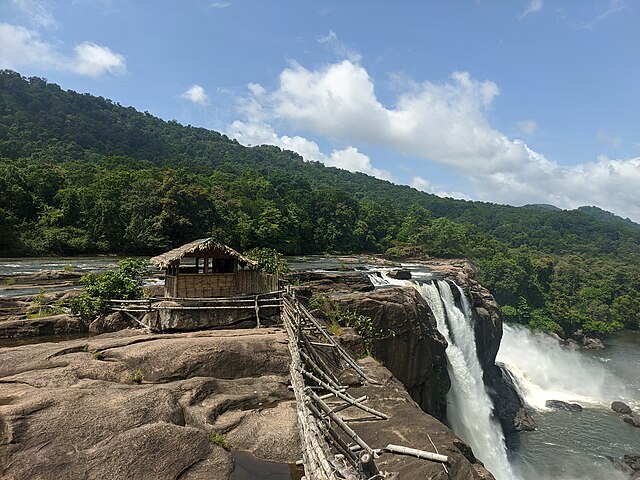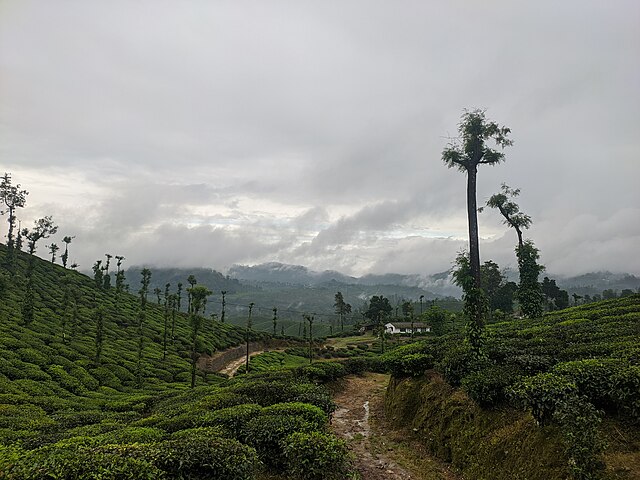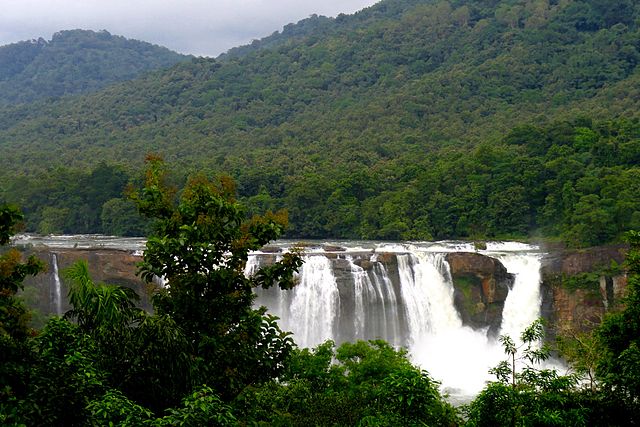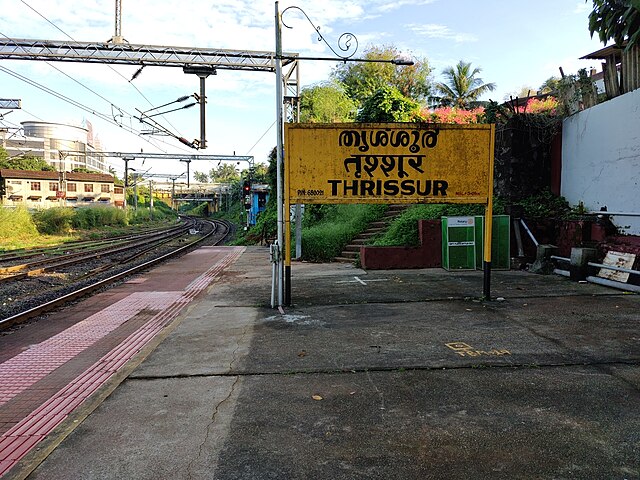Thrissur, often referred to as the Cultural Capital of Kerala, is a city that perfectly embodies the rich history, traditions, and vibrant culture of this southern Indian state. Nestled in the heart of Kerala, Thrissur is an enticing blend of ancient heritage and modern vibrancy. This article will take you on a journey through Thrissur, uncovering its most iconic attractions, food, festivals, and much more.
Location and Geography of Thrissur
Located in central Kerala, Thrissur is surrounded by lush greenery and is known for its proximity to the Western Ghats. The city is well connected by road, rail, and air, making it a convenient destination for both domestic and international travelers. The geographical landscape, dotted with rivers, hills, and plains, adds to the serene beauty of the region.
A Rich History and Heritage

Thrissur has a long and fascinating history that dates back to ancient times. The city was once the capital of the Kingdom of Cochin and has been a significant center for trade and culture in Kerala. Its rich heritage is still visible in the grand temples, palaces, and monuments scattered across the city.
Top Attractions in Thrissur
The Thrissur Pooram Festival
Undoubtedly one of the most iconic events in Kerala, the Thrissur Pooram is a festival that draws thousands of visitors every year. Held annually in the month of April or May, this grand spectacle features a procession of beautifully decorated elephants, fireworks, and traditional music. The vibrant celebration showcases the city’s rich cultural traditions and is a must-see for anyone visiting Thrissur.
Vadakkunnathan Temple: A Cultural and Spiritual Landmark
The Vadakkunnathan Temple, a UNESCO World Heritage Site, is one of the most prominent landmarks in Thrissur. Dedicated to Lord Shiva, this ancient temple is renowned for its stunning architecture and spiritual significance. The temple’s intricate murals and woodwork are a testament to the craftsmanship of Kerala’s artisans.
Shakthan Thampuran Palace
A beautiful example of Kerala’s traditional style of architecture, the Shakthan Thampuran Palace was once the residence of the Maharaja of Cochin. This historical palace is now a museum, displaying a collection of artifacts, sculptures, and paintings that highlight the royal past of the region.
Thrissur Zoo and State Museum
For families and nature lovers, the Thrissur Zoo is an excellent place to spend a day. The zoo is home to a wide variety of animals, including lions, tigers, and elephants. Adjacent to the zoo is the State Museum, which offers insights into the history, culture, and art of Kerala.
Food and Cuisine in Thrissur

Local Kerala Delicacies to Try
A trip to Thrissur is incomplete without indulging in its delicious local cuisine. Kerala Sadya, a traditional vegetarian feast, is a must-try. It consists of an array of dishes served on a banana leaf. Other local delicacies include Kozhikode Biriyani, Appam with Stew, and Puttu with Kadala Curry.
Popular Eateries in Thrissur
Thrissur is home to several eateries where you can savor the flavors of Kerala. Popular spots include The Green House Restaurant, Sreepathi Restaurant, and Kunnu’s Café, where you can enjoy authentic Kerala meals and street food.
Shopping in Thrissur
Traditional Handicrafts and Souvenirs
Thrissur is also known for its vibrant shopping scene. The city is a great place to purchase traditional Kerala handicrafts, such as coir products, wooden artifacts, and kasavu sarees. These items make for great souvenirs to remember your visit.
Thrissur’s Local Markets
If you’re looking for a more local shopping experience, head to the bustling Shakthan Market or Mission Quarters area. These markets are perfect for finding fresh produce, spices, and handmade goods.
The People and Culture of Thrissur

Traditional Art Forms and Performances
Thrissur is a hub for Kerala’s classical art forms. The city is home to numerous Kathakali and Mohiniyattam performances, as well as Kalaripayattu (traditional martial arts). These cultural expressions offer a glimpse into the artistic soul of Kerala.
Festivals and Cultural Events in Thrissur
The cultural calendar of Thrissur is filled with vibrant events and festivals. Besides Thrissur Pooram, the city celebrates various Onam festivities, Vishu, and the Elephant Parade with grandeur and enthusiasm. Each festival showcases a unique aspect of Kerala’s traditions and way of life.
Best Time to Visit Thrissur
Climate and Weather
The best time to visit Thrissur is between November and March, when the weather is pleasant and conducive to outdoor exploration. The city enjoys a tropical climate, with hot and humid conditions during the summer months.
Seasonal Considerations for Travel
If you’re planning to visit during a festival like Thrissur Pooram, it’s advisable to book your accommodations in advance due to the influx of visitors. The monsoon season (June to September) is also a unique time to visit if you enjoy the lush, rain-soaked beauty of Kerala.
Conclusion: Why Thrissur Should Be on Your Travel List
Thrissur, with its rich cultural heritage, spiritual landmarks, vibrant festivals, and mouthwatering cuisine, is an ideal destination for anyone seeking to experience the true essence of Kerala. Whether you’re a history buff, a food lover, or someone looking to explore unique cultural traditions, Thrissur has something special to offer.
FAQs
- What is the best time to visit Thrissur?
- The best time to visit is from November to March, when the weather is cooler and more pleasant.
- What is the Thrissur Pooram?
- The Thrissur Pooram is an annual festival featuring elaborate elephant processions, fireworks, and traditional music.
- Is Thrissur a good destination for history lovers?
- Yes, with landmarks like the Vadakkunnathan Temple and Shakthan Thampuran Palace, Thrissur is perfect for history enthusiasts.
- What are some must-try foods in Thrissur?
- Kerala Sadya, Kozhikode Biriyani, Appam with Stew, and Puttu with Kadala Curry are some local delicacies to try.
- Can I find traditional Kerala handicrafts in Thrissur?
- Yes, Thrissur is known for its handicrafts, including coir products, wooden artifacts, and kasavu sarees.

